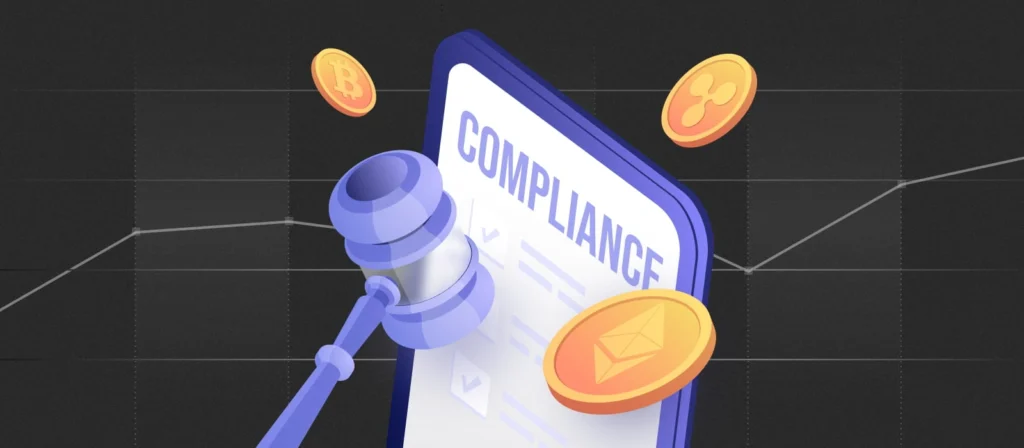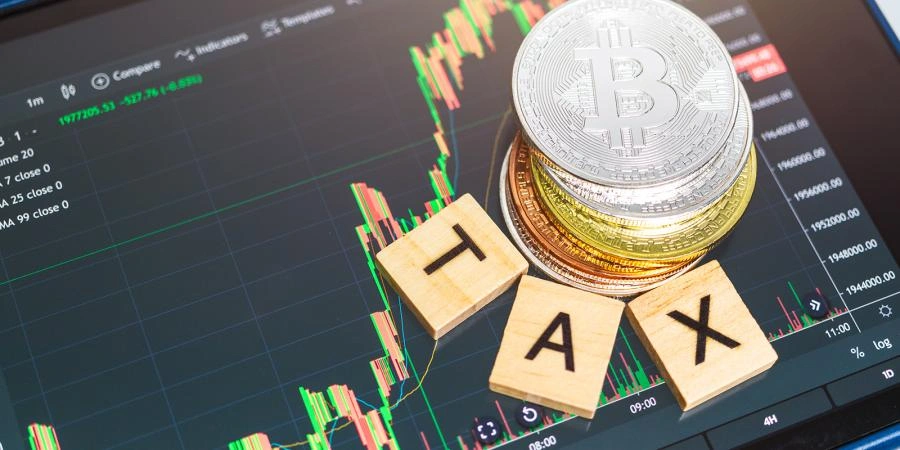How Can Beginners Start Crypto Trading? A Practical Guide to Get You Going
January 3, 2025

So, You Want to Start Crypto Trading?
Beginner crypto trading demands both curiosity and caution. The crypto space may look like a playground with endless opportunities. However, it is also a regulated space — sometimes in “tight” ways and sometimes “loose,” depending on the country you’re in.
It’s understandable to be excited about the possibilities of trading crypto, but remember: beginner crypto trading is not just about reading price charts or picking trendy coins. You are entering a financial system that even many governments and regulators don’t fully understand. This legal-minded road map will help you get started safely and with confidence.
Beginner Crypto Trading Legal Basics: What You Need to Know
You must grasp the legal definition and scope of digital assets. Crypto trading typically involves buying and selling digital currencies such as Bitcoin or Ethereum through online platforms called exchanges. In many jurisdictions, these assets are not considered legal tender, but they may still fall under securities or commodities laws.
That means trading without understanding regulatory obligations could lead to trouble. Always research whether your jurisdiction treats crypto as property, a financial instrument, or something else entirely.


Choose a Compliant Platform for Beginner Crypto Trading
Regulated exchanges are the best place to start. As a beginning crypto trader, you should select exchanges that are licensed or registered with their financial authority in their territory. Platforms such as Coinbase, Binance, and Kraken are among the best platforms for their compliance with regulatory, KYC, and AML policies.
By selecting an unregulated or offshore platform, you may be willingly encasing yourself in hacking, fraud, or stuck funds — and you will have few options for recourse through the law.


Understand the Legal Risks Behind Wallet Choices
Your wallet choice has legal and security implications. There are two main types: hot wallets (connected to the internet) and cold wallets (offline). While hot wallets are easier for quick trades, they carry higher security risks.
From a legal perspective, the wallet provider may or may not have obligations to you if funds are lost or stolen. Cold wallets offer more personal control, but with that control comes full responsibility for security and recovery. Understand what consumer protections exist — if any — in your jurisdiction.

Begin Trading with Financial and Tax Awareness
Your trades could have tax and disclosure consequences. Many countries now require crypto transactions to be reported for taxation. Even small trades could trigger taxable events, such as capital gains or income declarations.
As a beginner crypto trader, it’s better to experiment with small positions while simultaneously learning about how crypto earnings are taxed in your country. Failing to report your crypto activity — even unintentionally — may lead to penalties or audits.

Emotional Control Meets Regulatory Discipline
Regulatory compliance is as important as emotional discipline. The crypto market moves fast, but so do regulatory crackdowns. Governments often step in to ban or restrict certain tokens, trading behaviors, or even entire platforms.
Staying rational means more than avoiding panic selling — it also means following news from regulatory bodies, central banks, and financial crime units. If a token you hold is suddenly deemed a security or tied to fraud, it could be delisted or frozen without notice.
Closing Thoughts: Trade Smarter, Trade Legally
Crypto trading can be rewarding, but only if done within the legal framework. As a beginner crypto trader, your approach should combine curiosity with caution. Always verify the legal status of platforms, wallet providers, and the coins you trade.
Comply with tax reporting, understand your consumer rights (if any), and stay updated on policy changes. The more you treat crypto like a regulated financial activity — because it increasingly is — the safer and more confident your trading journey will become.
Relevant news: here
